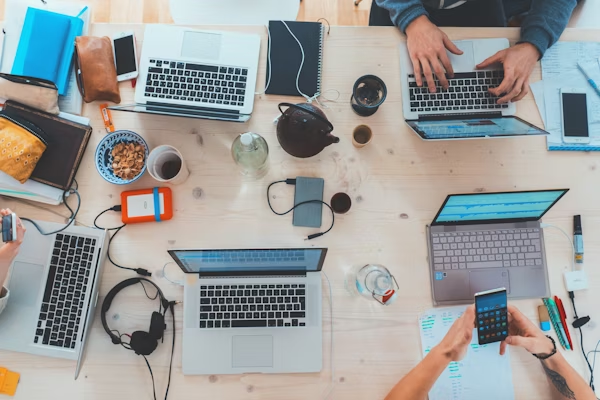The Airbnb MVP: AirBed & Breakfast

We all use Airbnb these days. And if we don't use it, we've definitely heard of it. And if we havent't heard of it, it would be strange to find yourself on a blog post specifically about the Airbnb Minimum Viable Product (MVP). The point is, as with many huge businesses, Airbnb hasn't always been a household name and at the beginning the founding team had to hustle and scrap the same way as any other early stage founders.
The Key Assumptions
We all know the modern, slick Airbnb of today which is filled with functionality and multifaceted. At MVP stage, though, it was a matter of validating the key assumptions which (in the eyes of the founders) made Airbnb such a good idea. Here are a few of them:
Guests will want to stay in a stranger's home
This was the Leap of Faith assumption. If travellers were completely unwilling to stay at a stranger's accommodation then the business concept would be dead in the water. As a sub-assumption, it was also very important to ensure that guests would be willing to pay to stay with strangers. Previous ideas of couch-surfing had often been based on good-will pricing models. For Airbnb to be a commercial success as marketplace, however, it was important that guests were willing to pay. The founders, therefore, had to avoid the temptation of offering free use to early adopters.
Hosts will let strangers stay in their homes
The idea of allowing strangers into your home is still a sticking point for Airbnb hosts today. At the time it seemed like even more of an alien concept. But without hosts Airbnb would never be able to operate such an efficient model, by which the platform is effectively a transaction business that matches hosts and guests without owning any of the asset liability. Having validated that guests would be willing to stay with strangers, the founders then needed to validate that there would be a supply of hosts to meet the demand. Without this supply, the Airbnb model would have to pivot hard.
Validating the Assumptions
Guests will want to stay in a stranger's home
Whether there was a demand by guests to stay in stranger's homes was a relatively easy assumption to test. The founders posted access for lodgers to stay with them and sleep on their air mattresses (hence Airbnb, right?). They were careful to charge but not overcharge, they simply needed to prove that people would be willing to pay to rent accommodation from someone unknown to them. A technology conference in town was a perfect opportunity to target visitors, and they successfully signed up 3 lodgers.
Hosts will let strangers stay in their homes
Similarly, validating this assumption involved a no-frills feature addition whereby people could post to share their accommodation for a short amount of time. Having understood the ease of the process and the opportunity for income, this was proved out focussing on high-profile events happening in the area.
Continuing the Lean Mindset for Long Term Success
Airbnb is a very successful business, being valued at $38bn in 2018. This doesn't mean they rest on their laurels, however. In fact the opposite is true. Airbnb have taken the mentality of an MVP into their product development throughout their success. By responding to customer sentiment and having a deep understanding of their users, Airbnb has been able to continue to grow and innovate where many others stagnate.
This mentality can be adopted by any founder with any product or service. A $38bn business started by two guys with air mattresses...
Ready to bring your vision to life?
Book a free, no-obligation meeting with us to talk through your MVP and get an exact quote and timeline.
.avif)
.svg)
